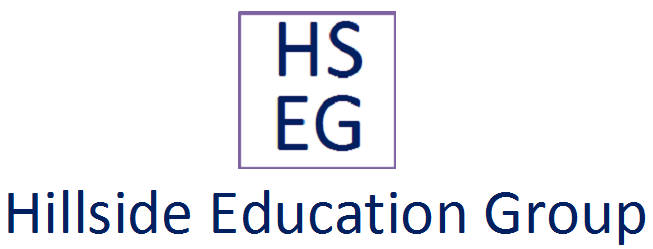Meaning of a Source Document
We need an evidence to pass any entry of business transaction onto the books of accounting and the evidence should be in written form. Any evidence for business transaction without written form cannot be accepted in accounting process. The first user of the source document is bookkeeper. A bookkeeper always wants a standardized source document to make entries in books of accounts.
In a business transaction there exists minimum two written evidences. One evidence is taken by seller and another is taken by buyer of goods or services. Both of them use the evidence for their accounting purposes. For example, when you buy shoes in market you will get a receipt or bill of the purchase and you see there is another carbon copy for the seller. Now, both of them can use these source documents in their own book of account.
Types of Source Documents.
- Invoice
An invoice is a document issued by seller to the buyer which includes one or more than one types of products, quantities, per unit price of each product, other expenses like transit insurance and freight costs, mode of payments and mode of transportation, categories of goods etc.
- Bank deposit slip
A bank deposit slip also a source document. It is generally used to deposit cash or clearing of cheque in bank. One of three copies of the deposit slip is provided to the depositor and this bank transaction can be used in bookkeeping purpose.
- Cheque
Cheque is used for withdraw of money from bank. Nowadays, most of the payments are made by any organization through cheques. It is also a source document.
- Bank Statement
It is a statement of transactions made by an account holder in his/her account maintained at a bank. It shows the details of deposit and withdraw of money, interest and tax deduction in interest, service charge deducted by bank and any other transaction made by bank (on behalf of customer) and by a customer during a period of time.
- Cash Register Tape
Generally we see in retail shop, mart and in a supermarket, there is a rolled paper fitted in a printing machine used as printing media to generate bills of payments made for purchase of goods. It is also a form of source document.
- Promissory note
It is a written form of promise by a person/party to pay a certain amount in a certain period of time.
- Debit and credit notes
Debit note is a document sent by a customer to a supplier informing that the supplier's account has been debited to the extent of supplied goods. In case of return of goods supplied to customer or over payment made by customer, the customer request the supplier to issue credit note. On other hand, credit note is a document issued by supplier to customer informing that the customer's account has been credited to the extent of returned goods or over payments made by customer or any discount/allowances provided to the customer.
- Time card
Time card is related to the attendance of employee or workers. The HR or payroll department sends the time card to the account department for payment of salary or wages.
- Salary/payroll sheet
Wages, salaries and other benefits provide to employees and workers are recorded in this sheet.
- Cash Receipt
It is issued against receiving instant cash.
- Utility bills
Electricity bills, Drinking water bills, Telephone bills etc. are examples of utility bills which are provided by utility companies.
- Share/stock certificate
It is a certificate of ownership provided by a company to its shareholder.
Importance of Source Documents
- Base of recording and adjusting the transactions and base of taxation
- Evidences for law purpose
- They validates the business transactions
- They can provide details of product and services
- They serve as the references for future.








So many source document are there in accounting? Thank You !
ReplyDeleteIt's very informative.
ReplyDeletethank u sir
ReplyDelete